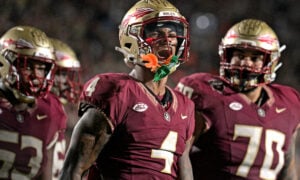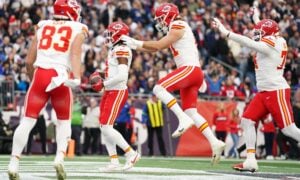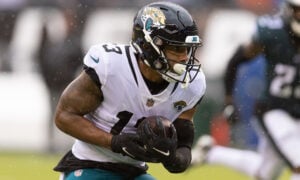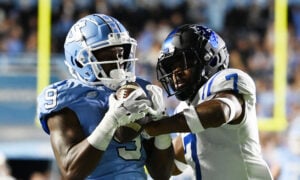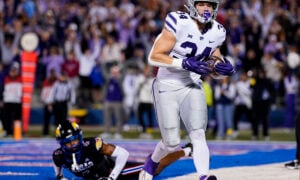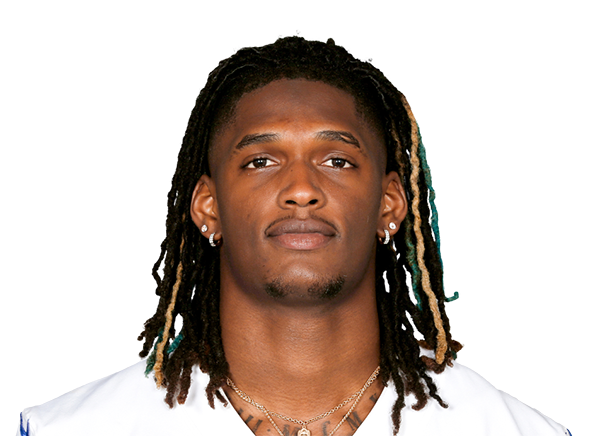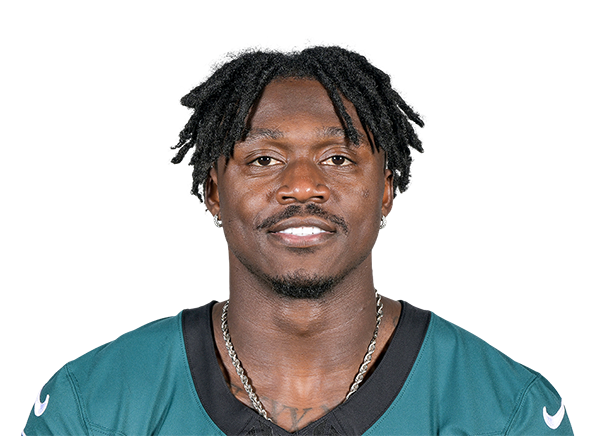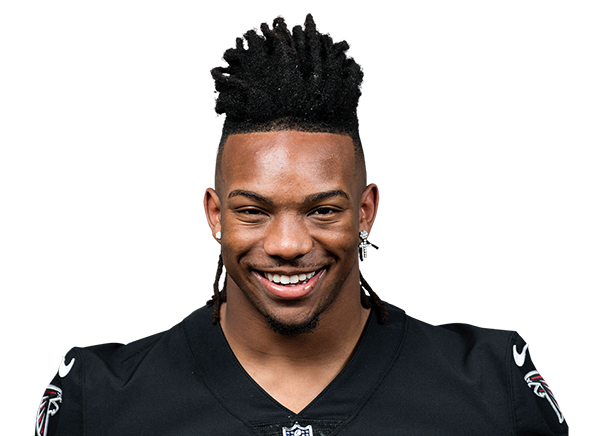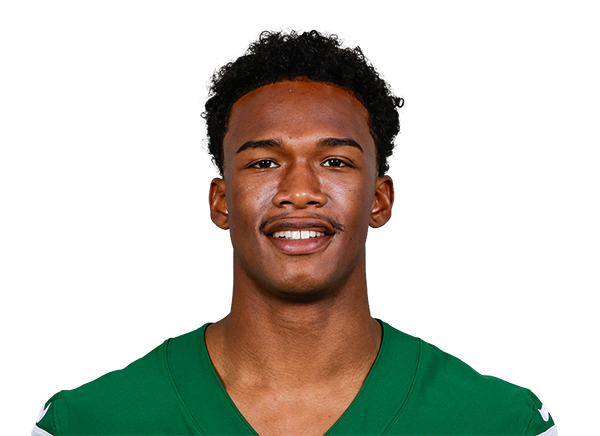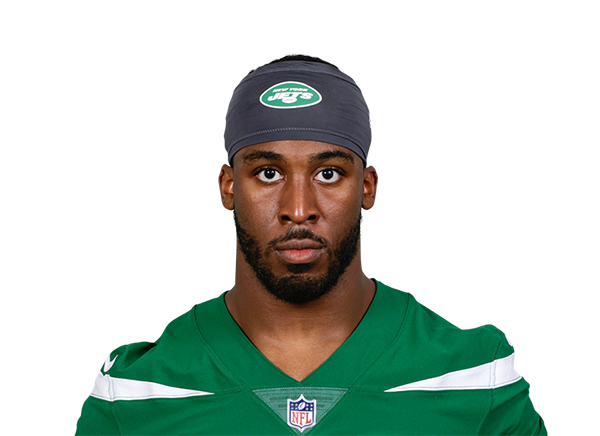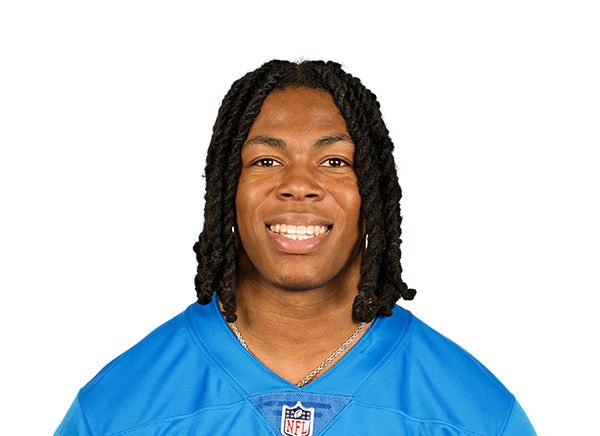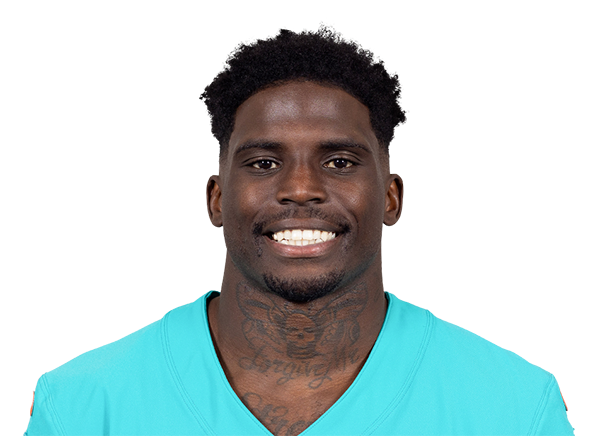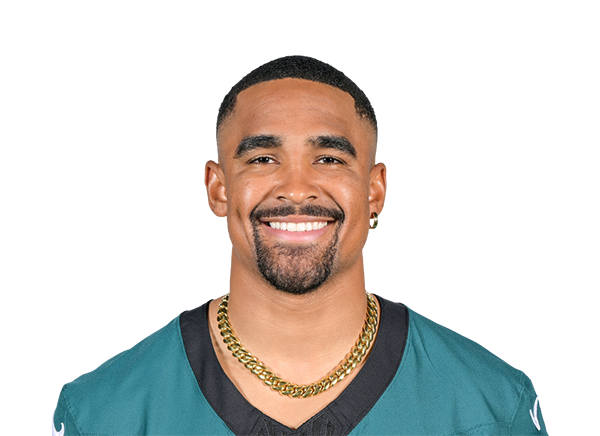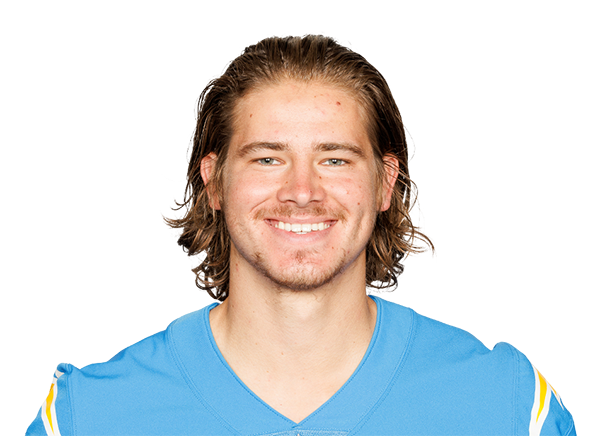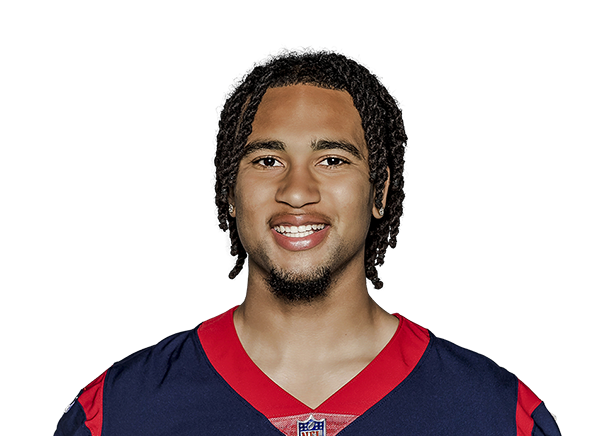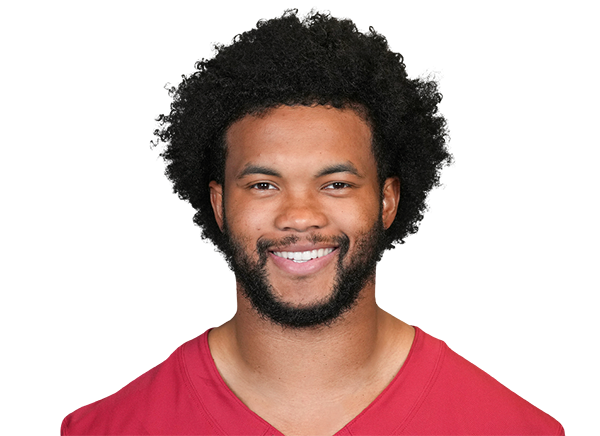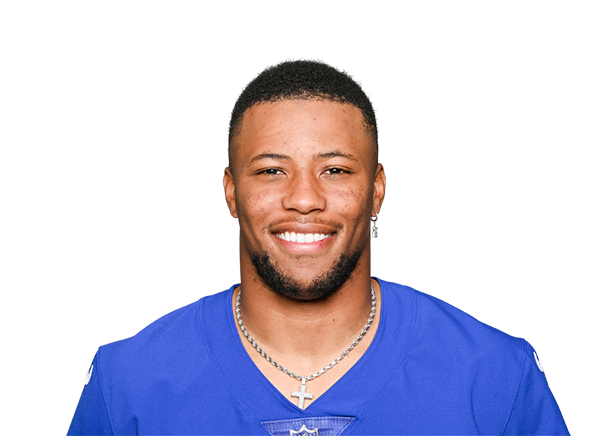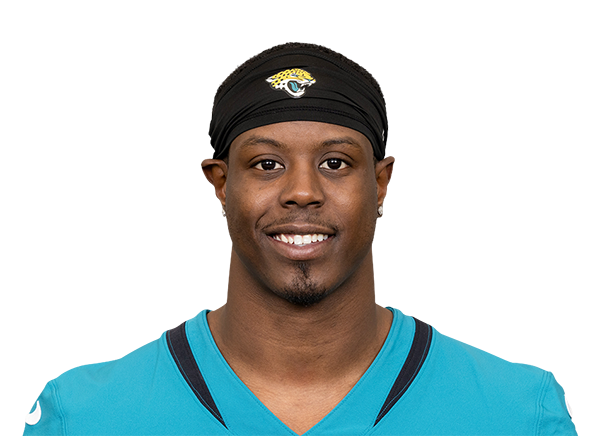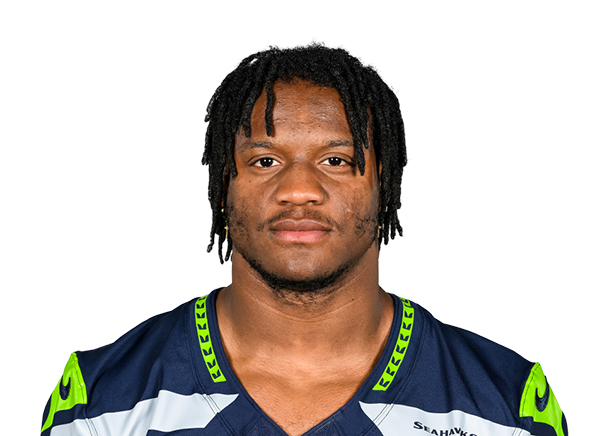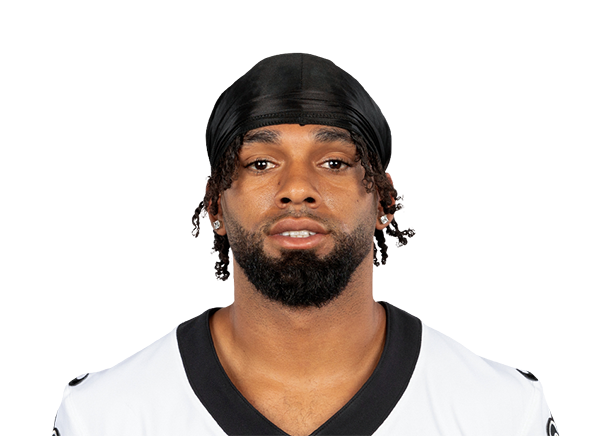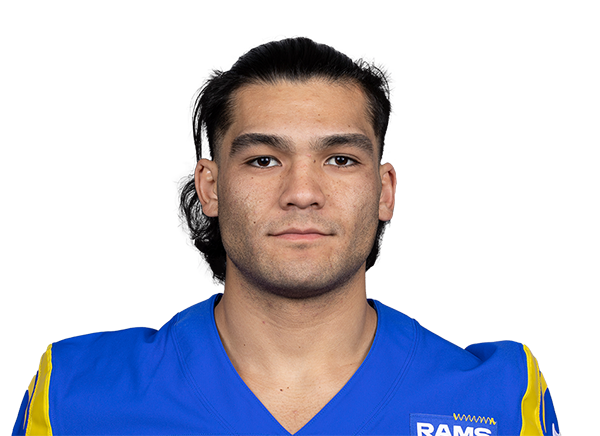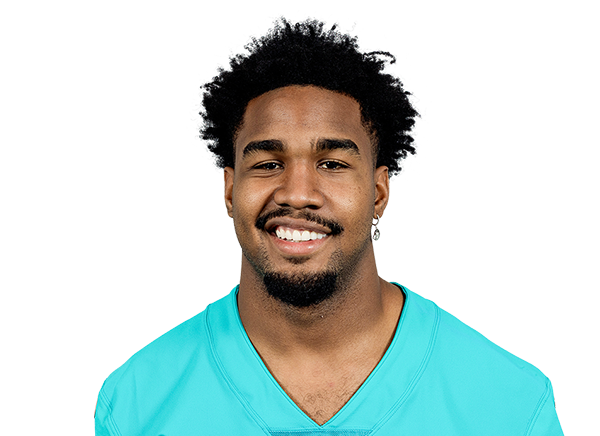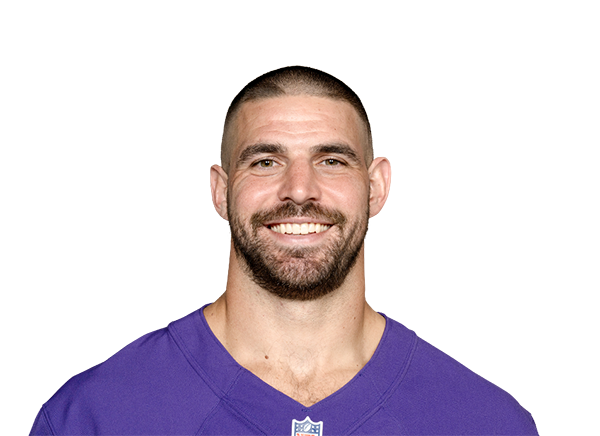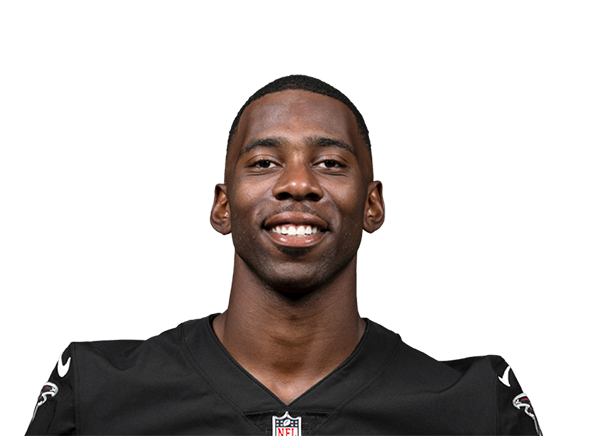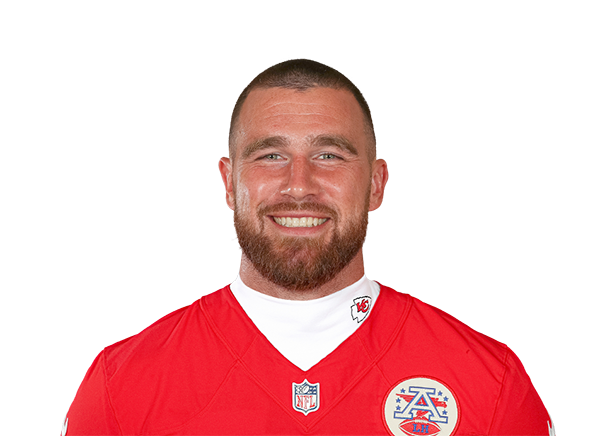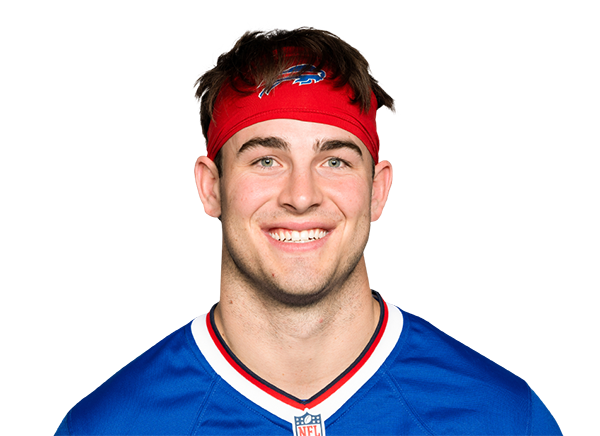Stop and Smell the Rosen
On paper, Josh Rosen’s rookie season was a disappointment. The same can be said of viewing the Mona Lisa. I mean it’s just a painting of some lady smiling, right? If I wasn’t beating you over the head enough, I think you get that context matters. It would be simple to look at Rosen’s rookie numbers and call him “trash”, but let’s paint a full picture.
2018 Season
We’ll begin by putting Josh Rosen’s numbers in their full grandeur. In his rookie season, Rosen attempted 393 passes in 13 games for a 55.5% completion rate, 2,278 yards, 11 touchdowns, and 14 interceptions. No one is arguing that those numbers aren’t bad at a glance. In this complete list of quarterbacks who have started 13 games in their rookie season, Rosen ranks towards the bottom in just about every bad quarterback stat you can think of:
[am4show have=’g1;’ guest_error=’sub_message’ user_error=’sub_message’ ]

Case closed. Why am I even defending this guy? Well, according to PFF, the Cardinals’ offensive line ranked dead last in 2018. The article goes on to state there were 11 different linemen who formed the configuration for the Cardinals this season and none of them played well. Rosen is certainly not a mobile passer, as evidenced by his 138 total rush yards in the NFL and… let me check my glasses here… negative 154 rush yards in three seasons of college. This is a quarterback who needs to be kept upright to do what he does best.
You might find yourself thinking that it’s hard to play well in the NFL these days if you’re too reliant on having a good offensive line. I don’t disagree. So let’s see what else went wrong for Rosen in his rookie season.
How about a ‘one and done’ head coach in Steve Wilks? Or an offensive coordinator in Mike McCoy who was fired mid-season for not knowing that using David Johnson in the passing game might be a good idea? Some may argue that these two were fired because of Rosen, but a rookie quarterback certainly needs coaching in place to help them develop. As the internet likes to say, “these guys ain’t it, chief”.
Speaking of the offense, can you name the third most targeted receiver on the team? If you answered Ricky Seals-Jones, the second year tight-end who had 201 receiving yards in his rookie season, congratulations! To be fair, Christian Kirk likely would have had more targets than Seals-Jones, if not for missing for four games. But he was still a developing rookie. For those who were curious, despite McCoy’s best efforts, David Johnson finished second on the team with 76 targets. No one was targeted more than 35-year-old Larry Fitzgerald, who still had a very solid season, but you can see this is a team in need of more offensive weapons.
2019 season and a new hope
It’s a bit early to say what the Cardinals will do about their offensive line situation. Ideally, most of their starters won’t be hurt for a good portion of the year again but they weren’t exactly awe-inspiring before that. It’s unlikely the Cards use their first overall pick upgrading the line, but there are some solid options throughout the draft or free agency.
Since we can’t address the line yet, let’s examine what changes the team has made. In a surprising move, they hired Kliff Kingsbury as their head coach. Many seemed taken aback by this hire, but it’s very interesting from a fantasy perspective. Kingsbury runs an “air raid” offense, which as you can gather by the name, is very pass-heavy.
It’s not much of a secret that the Cardinals are hoping they found their equivalent of Sean McVay in Kingsbury. Young offensive coaches are as popular in the NFL right now as Tony Romo is to fans. Kingsbury certainly fits that picture: between 2013-2018, his offenses ranked top ten in passing yards. (Thanks to FranchiseKF on Twitter for clueing me into this fact)
Obviously, not every college coach comes into the NFL and succeeds. It’s certainly encouraging though that Kingsbury has worked with the likes of Baker Mayfield, Patrick Mahomes, and Case Keenum, who have all found success in the NFL. Granted, he also worked with Johnny Manziel and is criticized for “chasing away” Mayfield. Still, there is reason to hope that he can help turn around Rosen.
If you find yourself not buying that argument, let me present some of the research that good friend, Sean Slavin, is doing. You may have noticed last year when Sean first introduced us all to TANYA, especially as it relates to quarterback prospects. I remember talking to Sean last year and he used this research to help with the disappointment I was feeling that the Giants didn’t get Rosen. He did, however, mention that Rosen is someone who may break out later in his career, and I filed that information away for later.
In a recent conversation with Sean, he mentioned that while Rosen was only in the third percentile in his model for rookie-readiness, he was in the 80th percentile for his long-term model. In Sean’s own words, the long-term model is a measure of college efficiency, high draft capital, youth, and mobility. The only two quarterbacks in the last 15 years to have above 80th percentile in long-term and lower than 20th in rookie readiness? Josh Rosen and Jared Goff.
Some other quarterbacks that were close in their percentiles to those two: Matthew Stafford, Matt Ryan, Blaine Gabbert, Josh Freeman, Joe Flacco, and Teddy Bridgewater. Obviously not all of those guys went on to have successful NFL careers, but each generally improved after their rookie season. Stafford likely represents the closest comparison to Rosen’s rookie numbers and their comparison is below:

That’s not where the similarities end. Much like Rosen with Larry Fitzgerald, Stafford didn’t have many options to throw to that year outside of Calvin Johnson. Both were also 21 in their rookie seasons. However, unlike Rosen, Stafford had coaching stability heading into his second season.
The context is different for all these players, but I imagine after Stafford’s rookie season, many fantasy owners were ready to bury him. Or, maybe they were more patient back in 2009. I certainly remember in 2016 when most dynasty players couldn’t run away fast enough from Goff. It led to him being the QB21 in DLF’s January ADP of 2017. Fast forward to January 2019 ADP, and Goff is now QB6.
I’m aware that Goff had the perfect storm hit of losing Jeff Fisher, getting the one and only Sean McVay, and adding weapons such as Brandin Cooks, Cooper Kupp, and Robert Woods. However, right now Josh Rosen is priced as the QB24. Given a more complete view of his circumstances, it’s hard to think he won’t be making fantasy owners smile at least as much as the Mona Lisa next season. If we are lucky, maybe he will even make us smile much more.
[/am4show]
- Buy Terry McLaurin: Buying High On a Young Receiver, Part Three - July 7, 2020
- Drew Lock’s Lock Status vs Gardner Minshew’s Mania - April 13, 2020
- Daniel Jones: Points Don’t Lie - February 24, 2020






